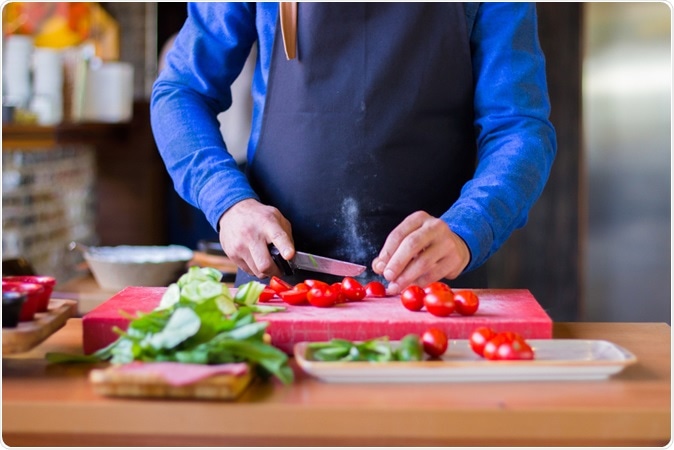In a short notification, the editors of the Annals of Internal Medicine have announced that they are retracting a letter called “The Joy of Cooking Too Much: 70 Years of Calorie Increases in Classic Recipes”. The article in question was published in 2009.

Image Credit: CanErmis / Shutterstock
The article was the result of a research work by Brian Wansink from Cornell University. The study had analyzed cookbooks for home recipes and claimed that home cooking led to increased calorie intake since many of the recipes tended to be rich in fats and carbohydrates. This in turn was raising the risk of obesity, the authors of the study had concluded.
The journal had sent a letter of investigation to the authorities at the University where the work was conducted and in turn received an answer from the Office of the Vice Provost for Research (Date 27 September 2018) that said, “This investigation has concluded that Professor Wansink committed academic misconduct in his research and scholarship.” The journal states that they tried to clarify this from the corresponding author Dr. Payne. That address and contact information did not finally lead to Dr. Payne they added.
The team at the journal then asked for details of the data from Dr. Wansink. In response Dr. Wansink provided a re-analysis of the data. However, now the journal found that all the figures and numbers in the re-analysis were different from the originally published paper. The editors conclude in their notice, “In light of the inability to reproduce the published results, the editors cannot be confident in the integrity of the work reported in this article.”
The referred article can be found at the following reference, “Wansink B, Payne CR. The joy of cooking too much: 70 years of calorie increases in classic recipes [Letter]. Ann Intern Med. 2009;150:291-2.”
Wansink has been part of the team of experts who have helped to develop the U.S. dietary guidelines. His work recently came under scrutiny when a blog post unearthed academic misconduct. Since then many of his research publications have been retracted from well known journals.